|
| Engineered hardwood flooring is a marvel of modern flooring technology, combining the classic elegance of hardwood with enhanced durability and versatility. Unlike traditional solid hardwood, engineered hardwood consists of a top layer of real wood veneer supported by layers of plywood or fiberboard. This unique construction makes it less prone to warping and a perfect fit for Toronto’s diverse climate. It’s an ideal choice for those who adore the timeless appeal of hardwood but require the practicality of a more stable and versatile flooring option. Discover more about this innovative flooring solution in our comprehensive guide to engineered hardwood. |
Engineered Hardwood Flooring Trends in Toronto
| Toronto's design scene in 2024 is seeing a shift towards more personalized and eco-conscious choices in hardwood flooring. Engineered hardwood is leading this trend with its wide array of styles, finishes, and colors. One of the standout trends is the inclination towards wider planks that give a sense of openness and modernity to spaces, big or small. Another emerging trend is the preference for natural and organic finishes, which accentuate the wood’s inherent beauty and texture. These trends reflect a broader move towards sustainability and natural aesthetics in Toronto’s interior design landscape. For a deeper dive into the latest trends, explore our hardwood flooring trends article. |
The Cost Factor of Engineered Hardwood Floors in Toronto
| When considering engineered hardwood for your Toronto home, understanding the cost is crucial. The price can vary based on factors like the quality of the wood, the complexity of the installation process, and the specific requirements of your space. On average, engineered hardwood can be a cost-effective alternative to solid hardwood, offering a similar aesthetic at a more accessible price point. For those curious about the specific numbers, our detailed breakdown on hardwood flooring installation costs in Toronto offers a clear picture. Remember, investing in quality flooring not only enhances the value of your home but also ensures longevity and lasting beauty. |
Selecting The Right Engineered Hardwood Floors For Your Home
| Choosing the right engineered hardwood flooring involves more than just picking a color or style. It’s about finding the perfect match for your lifestyle and the character of your home. Consider factors like foot traffic, sunlight exposure, and the general use of each room. For high-traffic areas, opt for engineered hardwood with a thicker wear layer for added durability. When it comes to aesthetics, think about whether you want your floors to be a statement piece or to blend seamlessly with your existing decor. Our experts at Parqueteam can guide you through this selection process, ensuring that you find the best fit for your Toronto home. Learn more about making the right choice in our guide on choosing the best hardwood flooring. |
Installing Your New Floors: Lying The Foundations Right
| The installation of engineered hardwood flooring is a critical step that can impact its longevity and appearance. While some homeowners in Toronto opt for DIY installation, professional installation is recommended to ensure optimal results. This involves proper subfloor preparation, understanding moisture levels, and expertly laying each plank for a flawless finish. Better pay someone to do it right the first time, than overpaying someone to fix your mess! |
Maintenance and Care: Taking Care Of Your New Engineered Hardwood Floors
| Maintaining engineered hardwood flooring is simpler than you might think, and it's key to preserving its beauty over time. Regular sweeping and gentle mopping with a damp cloth are usually enough to keep the floors looking their best. Avoid using harsh chemicals or excessive water, which can damage the wood. For deeper cleans or to tackle tough stains, professional hardwood flooring sanding and refinishing services can restore your floors to their original glory. |
A Sustainable Choice
FAQ
A: The cost varies depending on factors like the quality, design, and installation complexities. For a detailed cost analysis tailored to Toronto's market, you can refer to our guide on hardwood flooring installation costs.
Q: What is the best hardwood flooring to put down in a Toronto home?
A: The "best" flooring depends on your personal needs and style preferences. Engineered hardwood is a versatile choice for its balance of durability and aesthetics.
Q: Are solid hardwood floors worth it compared to engineered hardwood?
A: Solid hardwood floors offer timeless beauty and can be a great investment. However, engineered hardwood provides similar aesthetics with added benefits like better moisture resistance and stability.
Q: What hardwood flooring is made in Canada, and is it a good option for Toronto homes?
A: Canada is known for its high-quality maple, oak, and birch hardwood flooring. These species are excellent choices for Toronto homes due to their durability and elegant appearance.
Q: What is considered the best wood floor in the world, and is it suitable for Toronto's climate?
A: The "best" wood floor can vary based on personal preferences and local climate. Exotic woods like Brazilian cherry or teak are often prized globally. However, for Toronto's climate, engineered hardwood options that resist humidity and temperature changes might be more suitable.
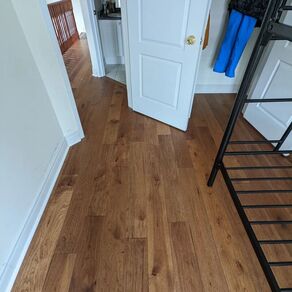
The Allure of Hardwood Flooring
| There's something undeniably captivating about hardwood floors. Whether it's the rich, natural tones or the intricate grain patterns, hardwood flooring has a way of making a room feel both luxurious and inviting. Here are some reasons why homeowners often gravitate towards this classic choice:
|
Common Disadvantages of Hardwood Flooring and How to Overcome Them
The Issue: Hardwood floors are prone to scratches and dents, especially in high-traffic areas or homes with pets.
The Solution: Opt for hardwoods with a high Janka hardness rating like Hickory or Maple. Additionally, you can apply a durable finish for added protection. Regularly sweeping and using furniture pads can also minimize damage.
2. Sensitive to Moisture
The Issue: Hardwood floors can warp or swell when exposed to moisture, making them less suitable for bathrooms or basements.
The Solution: Consider engineered hardwood flooring, which offers better moisture resistance. Also, maintaining a stable indoor humidity level can prevent warping.
3. High Cost
The Issue: Quality hardwood flooring can be expensive, both in terms of material and installation.
The Solution: Look for promotions or discounts from reputable suppliers. Alternatively, you can opt for less expensive types of hardwood like Oak or Ash without compromising too much on quality.
4. Fading Over Time
The Issue: Prolonged exposure to sunlight can cause hardwood floors to fade over time.
The Solution: Use window treatments like blinds or curtains to limit sun exposure. You can also refinish the floors every few years to restore their original luster.
5. Maintenance
The Issue: Hardwood floors require regular maintenance like sweeping, mopping, and occasional refinishing.
The Solution: Incorporate a low-maintenance finish and establish a regular cleaning routine. For deeper cleans, consider professional hardwood flooring sanding and refinishing.
6. Limited Style Options
The Issue: Unlike tiles or carpets, hardwood floors offer limited patterns and designs.
The Solution: Hardwood floors can be customized with inlays, mixed plank sizes, or different installation patterns like herringbone. For more design inspiration, check out our portfolio.
| While hardwood flooring comes with its own set of challenges, the benefits far outweigh the disadvantages. With the right knowledge and a little effort, you can easily overcome these drawbacks to enjoy the timeless beauty and durability that only hardwood floors can offer. Ready to make an informed decision about your flooring? Contact us at Parqueteam Hardwood Flooring for a consultation. Our experts can guide you through the selection process and help you find the perfect flooring solution for your home. |
Frequently Asked Questions About Hardwood Flooring Disadvantages
- Is hardwood flooring worth the investment?
- Absolutely, especially when you consider its durability and the value it adds to your home. Check out our blog post on which hardwood is best for flooring in Toronto for more insights.
- How do I maintain my hardwood floors?
- Regular sweeping and occasional mopping with a damp cloth are generally sufficient. For more detailed information, read our comprehensive guide on hardwood flooring maintenance.
- What are the alternatives to hardwood flooring?
- Laminate and luxury vinyl plank flooring are popular alternatives. Learn the pros and cons in our blog post comparing hardwood and laminate flooring.
- Can hardwood floors be installed in basements or bathrooms?
- While not ideal due to moisture concerns, engineered hardwood can be a viable option for such areas. Read our post on engineered vs. solid hardwood for more details.
- How much does it cost to install hardwood floors?
- Costs can vary based on the type of wood, installation method, and additional services like removal of old flooring. For a detailed breakdown, visit our hardwood flooring installation page.
How Much Does It Cost to Install Hardwood Floors in Toronto?
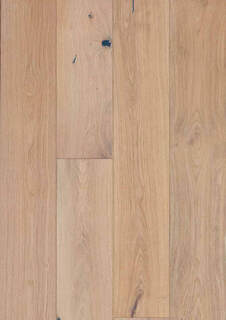
Factors Affecting the Cost
- Material Costs: The type of hardwood you choose can significantly impact the overall cost. From solid hardwood to engineered hardwood, the options are plentiful but come with varying price tags. Exotic woods like Brazilian Cherry can be more expensive than your standard Oak or Maple.
- Labour Costs: The complexity of the installation process can also affect labor costs. For instance, installing hardwood on an angle, or any special pattern would be much harder than installing it in a straight regular install, and this can lead to increase in labor costs.
- Subfloor Preparation: Don't underestimate the cost of preparing your subfloor. Whether it's concrete or plywood, the subfloor needs to be clean, dry, and level for the hardwood to be installed correctly. Sometimes, this might involve additional costs for materials and labor.
- Additional Costs: Finishes like moldings/baseboards, transitions and underlayments, or special adhesives, are several additional costs that can sneak up on you. It's essential to factor these into your budget to avoid any unpleasant surprises.
|
Cost Breakdown by Type of Hardwood
- Solid Hardwood Flooring: is often considered the gold standard in flooring, offering durability and a timeless look. However, it's also on the higher end of the cost spectrum. For more details on solid hardwood options, you can read our solid hardwood flooring page.
- Engineered Hardwood Flooring: Offers a more budget-friendly alternative without sacrificing too much in terms of aesthetics and durability. The cost can vary based on the quality of the top veneer. For an in-depth look at engineered hardwood, check out our engineered hardwood flooring page.
Cost Comparison: DIY vs. Professional Installation
On the other hand, Hiring professionals may seem more expensive initially, but their expertise can save you from costly mistakes in the long run. Plus, the job will likely be completed much faster.
|
FAQ
The average cost can range from $6 to $12 per square foot, depending on the type of hardwood and other factors.
2. Is it cheaper to install hardwood flooring myself?
While DIY can save on labor costs, it's essential to consider the complexity of the job and the tools required. For more on DIY vs. professional installation, read here.
3. What are some hidden costs I should be aware of?
Additional costs can include the removal of old flooring and moving furniture. Always ask for a detailed quote to avoid surprises.
4. Does the type of hardwood significantly affect the cost?
Yes, exotic woods and high-end options will be more expensive than standard choices. For a breakdown by type, visit this page.
5. How can I get the most value for my money when installing hardwood floors?
To maximize your investment, consider the long-term benefits of the type of hardwood you choose, as well as the potential resale value it could add to your home. Always get multiple quotes and ask for detailed breakdowns to make an informed decision.
Which Hardwood is Best for Flooring in Toronto? A Complete Guide
Why Hardwood Flooring Is Popular In Toronto?
| In a city that experiences the full spectrum of weather, from icy winters to humid summers, you might wonder why hardwood flooring is such a popular choice in Toronto. The answer lies in a blend of tradition, aesthetics, and long-term investment. Tradition and Culture: Hardwood flooring has been a staple in Toronto homes for generations. Its timeless appeal transcends fleeting design trends, making it a go-to choice for homeowners seeking both style and longevity. Aesthetics: The natural beauty of hardwood adds a layer of sophistication and warmth to any space. Its versatility allows it to complement a wide range of interior design styles, from modern minimalism to classic elegance. Long-Term Investment: While the initial cost may be higher than other flooring options, hardwood offers an excellent return on investment. Its durability means less frequent replacements, and its classic look can actually increase your home's resale value. Discover why hardwood is more than just a flooring option; it's a wise investment for your Toronto home. |
Types of Hardwood Used in Flooring
| When it comes to hardwood flooring, one size doesn't fit all—especially not in a city as diverse as Toronto. From the bustling downtown condos to the sprawling suburban homes, each space demands a unique type of hardwood. Let's delve into the most popular options: oak, maple, and cherry. Oak: The Timeless Classic Oak has long been a favorite for its durability and distinct grain patterns. It's an excellent choice for high-traffic areas and offers a wide range of stain options. Maple: The Modern Marvel Maple offers a cleaner, more consistent grain than oak, making it a popular choice for modern interiors. However, it's slightly softer than oak, so consider this if you have pets or heavy furniture. Cherry: The Luxurious Choice Cherry wood is known for its rich, deep color that darkens beautifully with age. While it's softer than both oak and maple, its luxurious look makes it a popular choice for formal spaces. Learn how to choose the right type of hardwood that aligns with your lifestyle and aesthetic preferences. |
Climate Considerations for Hardwood Flooring in Toronto
| Toronto's climate is as diverse as its population, and it plays a significant role in the type of hardwood flooring you should choose. From humid summers to icy winters, let's explore how the climate impacts your hardwood flooring options. Seasonal Expansion and Contraction Wood naturally expands in humid conditions and contracts in dry ones. Understanding this can help you choose a hardwood type that minimizes these effects, ensuring your floor's longevity. Moisture Resistance Some hardwoods are more resistant to moisture than others. If your home is prone to dampness, consider options like engineered hardwood that offer better moisture resistance. Temperature Fluctuations Toronto experiences a wide range of temperatures. Some hardwoods, like oak, are better suited to handle these fluctuations without showing signs of wear and tear. Find out how to protect your hardwood floors from Toronto's ever-changing climate. |
Cost Implications: What to Expect
| Choosing hardwood flooring is an investment, and like any investment, it's crucial to understand the costs involved. From the type of wood to installation and maintenance, several factors can influence the final price tag. Initial Costs The type of hardwood you choose will significantly impact the initial cost. Exotic woods like cherry can be more expensive, while local options like oak and maple are generally more budget-friendly. Installation Costs Installation costs can vary based on the complexity of the project. For instance, installing hardwood in an angle versus typical straight install can have a decent price difference, as angle installations are more expensive than straight installations. Maintenance and Longevity While hardwood floors may require an initial investment, their durability can make them cost-effective in the long run. Regular maintenance like sanding and refinishing can extend your floor's lifespan, offering excellent value for money. Check out our portfolio for some real-world cost examples and tips on budgeting. |
How to Choose the Best Hardwood for Your Home
| Selecting the perfect hardwood flooring isn't just about aesthetics; it's about aligning your choice with your lifestyle, the function of the room, and even your pets. Here's how to make an informed decision: Lifestyle Considerations Do you have young children or pets? Some hardwoods are more scratch-resistant and easier to clean, making them more suitable for active households. Room Function The function of the room can dictate your hardwood choice. For instance, moisture-resistant options are better for kitchens and bathrooms, while a luxurious cherry might be perfect for a formal living room. Aesthetic Preferences Your personal style plays a significant role in your choice. Whether you prefer the rustic charm of oak or the modern elegance of maple, there's a hardwood option that will complement your interior design. Our ultimate guide can help you make an informed decision based on various factors. |

Ready to make your choice? Contact us today for a personalized consultation and quote.
FAQQ: Is hardwood flooring suitable for Toronto's climate? A: Yes, hardwood flooring is a popular choice in Toronto due to its durability and ability to withstand the city's diverse climate conditions. However, it's essential to choose the right type of wood and take preventive measures like regular maintenance. Q: What are the most popular types of hardwood in Toronto? A: Oak, maple, and cherry are among the most popular choices due to their durability, aesthetic appeal, and versatility. Q: How much does hardwood flooring cost in Toronto? A: The cost can vary widely depending on the type of wood, the area to be covered, and installation charges. It's best to get a personalized quote for the most accurate estimate. Q: Can I install hardwood flooring myself? A: While it's possible to install hardwood flooring yourself, it's recommended to hire professionals for a flawless finish and to ensure the longevity of your investment. Q: How do I maintain my hardwood floors? A: Regular cleaning, occasional sanding and refinishing, and using protective pads under furniture are some of the ways to maintain your hardwood floors. |
Glue Down Engineered Hardwood Flooring: Is It Any Good?
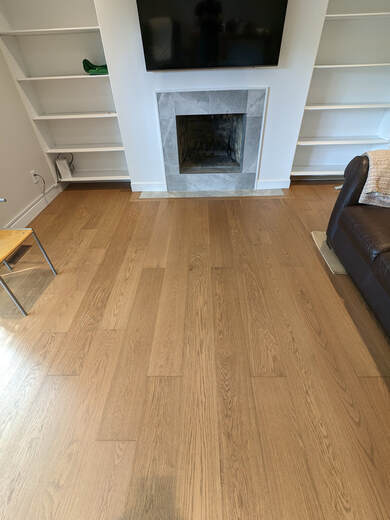 Close-up of engineered hardwood planks.
Close-up of engineered hardwood planks. What is Engineered Hardwood Flooring?
Glue Down Method for Engineered Hardwood Flooring
| The glue down method is one of the most common installation methods for engineered hardwood flooring. As the name suggests, this method involves using a special adhesive to stick the flooring directly to the subfloor. This method is particularly suitable for concrete subfloors and can also be used on wooden subfloors. One of the main advantages of the glue down method is its stability. Because the flooring is adhered directly to the subfloor, there is less chance of movement and squeaking. This method also allows for thinner profile flooring, which can be beneficial in situations where door clearance or ceiling height is a concern. However, the glue down method can be more time-consuming and requires more skill than other installation methods. It's also important to note that once the flooring is glued down, it can be difficult to remove or replace. Learn more about our hardwood flooring installation services. |
Glue Down vs. Nail Down: Which is Better?
On the other hand, the nail down method involves attaching the flooring to the subfloor using nails or staples. This method is typically used for solid hardwood flooring, but it can also be used for engineered hardwood.
So, which method is better? The answer depends on your specific needs and circumstances. The glue down method provides a more stable floor, but it is more labor-intensive and permanent. The nail down method, on the other hand, is quicker and easier, but it may not provide the same level of stability. You can learn more about the different installation methods on our blog.
Can Engineered Hardwood Flooring be Glued to Plywood?
However, it's important to note that the plywood must be properly prepared before the flooring is installed. This includes ensuring that the plywood is clean, dry, and level. Any irregularities in the plywood can cause problems with the installation and performance of the flooring.
Is Glue Down Installation Better than Floating Installation for Engineered Wood Floors?
| The answer to this question depends on your specific needs and circumstances. The glue down method provides a solid, stable floor that feels more like a solid hardwood floor. However, it is more labor-intensive and permanent than the floating method. On the other hand, the floating method, where the flooring planks are attached to each other but not to the subfloor, is quicker and easier to install. It also allows for the installation of a moisture barrier and underlayment for added insulation and noise reduction. However, floating floors may not feel as solid underfoot as glue down floors. You can learn more about the different types of hardwood flooring and their installation methods on our blog. |
Underlayment for Glue Down Engineered Hardwood Flooring
How Long Before You Can Put Furniture on New Glued Down Engineered Hardwood Floors?
Glue Down Engineered Hardwood Flooring: Maintenance and Longevity
Engineered hardwood flooring is known for its durability and long lifespan, but like any flooring, it requires proper care and maintenance to keep it looking its best.
Maintaining your engineered hardwood flooring is relatively straightforward. Regular sweeping or vacuuming can help remove dust and debris that might scratch the surface. For deeper cleaning, use a damp mop and a cleaner specifically designed for hardwood floors. Avoid using excessive water, as it can seep into the cracks and cause damage.
One of the advantages of engineered hardwood flooring is that it can be refinished if it becomes scratched or worn. However, the number of times it can be refinished depends on the thickness of the top veneer. Some high-quality engineered floors can be refinished multiple times, while others may only be able to be refinished once or twice.
In terms of longevity, engineered hardwood flooring can last for decades with proper care. The exact lifespan will depend on factors such as the quality of the flooring, the amount of foot traffic it receives, and how well it is maintained.
To ensure the longevity of your flooring, consider hiring professional hardwood flooring installers for the installation process. Professionals have the knowledge and experience to install the flooring correctly, which can help prevent issues down the line.
In conclusion, glue down engineered hardwood flooring is a versatile and durable choice for your home. It offers the beauty of real wood with the added stability of engineered construction. Whether you're renovating your current home or building a new one, consider engineered hardwood flooring for a stylish and long-lasting flooring solution.
For more information on engineered hardwood flooring and other types of flooring, check out our blog or contact us at Parqueteam Hardwood Flooring. We're here to help you make the best choice for your home.
Please note that this article is intended to provide general information. For specific advice related to your situation, please consult with a professional.
FAQ
- What is glue down engineered hardwood flooring?
Glue down engineered hardwood flooring is a type of flooring installation method where adhesive is used to bond the flooring directly to the subfloor. This method is commonly used for engineered hardwood flooring, which is made up of multiple layers of wood with a hardwood veneer on top. - Should you glue down engineered hardwood flooring?
Yes, gluing down engineered hardwood flooring is a common and effective installation method. It provides a solid, stable floor that feels more like a solid hardwood floor. - Can engineered flooring be glued down?
Yes, engineered hardwood flooring can be glued down. This method works well with engineered hardwood flooring because it provides a smooth, stable surface for the flooring to adhere to. - Is it better to glue or nail an engineered wood floor?
The answer depends on your specific needs and circumstances. The glue down method provides a more stable floor, but it is more labor-intensive and permanent. The nail down method, on the other hand, is quicker and easier, but it may not provide the same level of stability. - Do you need underlayment for glue down engineered hardwood?
Typically, an underlayment is not required when using the glue down method for engineered hardwood. However, it's always best to follow the manufacturer's instructions. - Is floating better than glue down engineered wood?
The answer to this question depends on your specific needs and circumstances. The floating method, where the flooring planks are attached to each other but not to the subfloor, is quicker and easier to install. However, floating floors may not feel as solid underfoot as glue down floors. - How long before you can put furniture on new glued down engineered hardwood floors?
After installing glue down engineered hardwood flooring, it's recommended to wait at least 24 hours before placing furniture on the new floors. This allows the adhesive to fully cure and ensures a strong bond between the flooring and the subfloor. - Can you glue engineered hardwood flooring to plywood?
Yes, engineered hardwood flooring can be glued to plywood. In fact, plywood is one of the most common types of subfloor that engineered hardwood flooring is installed on. - How long does engineered hardwood flooring last?
With proper care and maintenance, engineered hardwood flooring can last for decades. The exact lifespan will depend on factors such as the quality of the flooring, the amount of foot traffic it receives, and how well it is maintained.
Engineered Hardwood Flooring: A Comprehensive Guide for Toronto Homeowners
| When it comes to flooring options, engineered hardwood flooring is a popular choice among homeowners in Toronto. This type of flooring combines the beauty of real wood with the practical benefits of man-made materials. In this article, we'll delve into the world of engineered hardwood flooring, exploring its benefits, installation methods, and how it compares to other flooring options. |
What is Engineered Hardwood Flooring?
Understanding the Structure of Engineered Hardwood Flooring
The thickness of the top veneer layer can vary, but it's typically between 0.6mm and 6mm. The thickness of this layer can impact the lifespan of your engineered hardwood floor, as thicker veneers can be sanded and refinished more times than thinner ones. At Parqueteam Hardwood Flooring, we offer a variety of engineered hardwood flooring options with different veneer thicknesses to suit your needs.
Benefits of Engineered Hardwood Flooring
- Durability: Engineered hardwood floors are known for their durability. The multi-layer construction provides stability and resistance to changes in temperature and humidity, making it an excellent choice for areas with variable climates like Toronto.
- Versatility: Engineered hardwood flooring can be installed in any room of your home, including basements and over radiant heating systems, where solid hardwood flooring is not typically recommended.
- Variety: Engineered hardwood floors come in a wide range of styles, finishes, and types of surfaces, allowing you to choose the perfect look for your home.
- Easy Installation: Engineered hardwood flooring is easier to install than solid hardwood flooring, making it a cost-effective choice. You can choose to float, glue, or staple the flooring depending on your preference and the specific requirements of your home.
Engineered Hardwood Flooring vs. Other Flooring Options
Engineered hardwood flooring tends to be more expensive than laminate or vinyl flooring. However, it's a long-term investment that can add value to your home. Unlike laminate or vinyl, engineered hardwood can be refinished if it becomes worn or damaged, extending its lifespan and making it a cost-effective choice in the long run.
In terms of appearance, engineered hardwood flooring offers the beauty and warmth of real wood, which can enhance the aesthetic appeal of your home. While laminate and vinyl flooring can mimic the look of wood, they cannotmatch the depth and richness of real wood that engineered hardwood flooring provides.
When it comes to durability, engineered hardwood flooring holds up well against daily wear and tear. While it can scratch, the ability to refinish the surface means it can look like new for many years. On the other hand, laminate and vinyl flooring can be more resistant to scratches but once damaged, they cannot be refinished and must be replaced.
Engineered Hardwood Flooring vs. Laminate Flooring
| When comparing engineered hardwood flooring to laminate flooring, there are several factors to consider. While both options can mimic the look of real wood, they differ in terms of construction, durability, and cost. Engineered hardwood flooring is made up of a real hardwood veneer attached to a core of multiple layers of wood, giving it the look and feel of real wood. On the other hand, laminate flooring is made up of a photographic image of wood attached to a core of high-density fiberboard (HDF), making it look like wood but without the feel of real wood. In terms of durability, both engineered hardwood and laminate flooring are resistant to wear and tear. However, engineered hardwood has the advantage of being able to be sanded and refinished if it becomes worn or damaged, extending its lifespan. Laminate flooring, while resistant to scratches and stains, cannot be refinished and must be replaced if it becomes damaged. In terms of cost, laminate flooring is generally less expensive than engineered hardwood flooring. However, the long-term value of engineered hardwood, including its ability to add value to your home and its longer lifespan, can make it a more cost-effective choice in the long run. At Parqueteam Hardwood Flooring, we offer both engineered hardwood and laminate flooring options, allowing you to choose the best flooring solution for your home. |
Installation of Engineered Hardwood Flooring
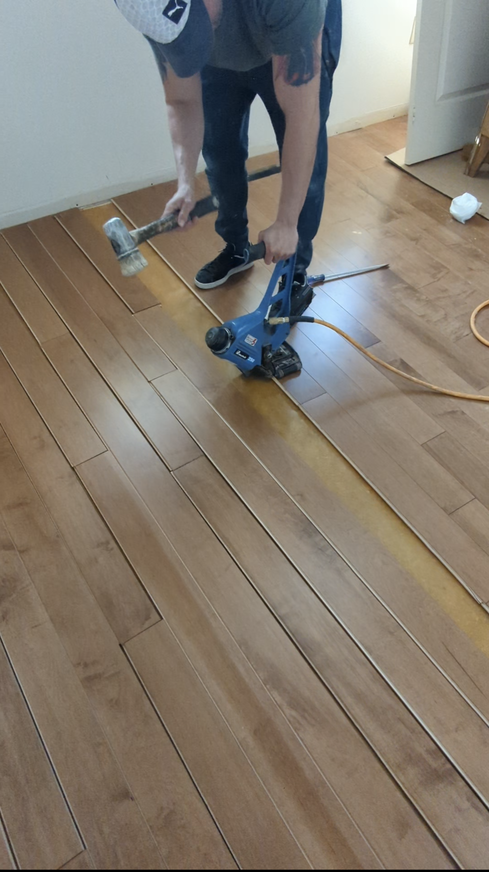 a professional installer meticulously laying down engineered hardwood planks, demonstrating the precision and expertise involved in the installation process.
a professional installer meticulously laying down engineered hardwood planks, demonstrating the precision and expertise involved in the installation process. There are several methods to install engineered hardwood flooring, including floating, gluing, or stapling. The choice of installation method depends on various factors such as the type of subfloor, the specific engineered hardwood product, and the conditions of your home.
A floating installation is a method where the engineered hardwood planks are not attached to the subfloor but are instead attached to each other. This method is relatively quick and easy, making it a popular choice for DIY enthusiasts.
The two options for floating install of engineered hardwood floors are: Click system and tongue and groove floating install.
Gluing is another method where the engineered hardwood planks are adhered directly to the subfloor with a strong adhesive. This method provides a solid feel underfoot and can help with sound reduction.
Nail-Down is a method where the engineered hardwood planks are attached to the subfloor using a special nailer and cleats to nail down the engineered hardwood floor.. This method is typically used when the subfloor is made of wood.
Regardless of the installation method, it's crucial to ensure that the subfloor is clean, dry, and level before installation begins. This will help to ensure a smooth and successful installation process.
The Cost of Installing Engineered Hardwood Floors
At Parqueteam Hardwood Flooring, we strive to provide high-quality engineered hardwood flooring at competitive prices. We also offer professional installation services, ensuring that your new floors are installed correctly and efficiently.
Glue or Float: Which Installation Method is Better?
Floating is a method where the engineered hardwood planks are not attached to the subfloor but are instead attached to each other. This method is relatively quick and easy, making it a popular choice for DIY enthusiasts. However, floating floors may not feel as solid underfoot compared to floors that are glued or nailed down.
Gluing, on the other hand, involves adhering the engineered hardwood planks directly to the subfloor with a strong adhesive. This method provides a solid feel underfoot and can help with sound reduction. However, it's more labor-intensive and requires a clean, dry, and level subfloor.
At Parqueteam Hardwood Flooring, our team of experienced hardwood flooring installers can guide you in choosing the best installation method for your engineered hardwood floors.
The Easiest Engineered Hardwood Flooring to Install
However, for the best results, it's recommended to have your engineered hardwood floors installed by a professional. At Parqueteam Hardwood Flooring, our team of experienced hardwood flooring installers can ensure a smooth and efficient installation process, providing you with beautifully installed floors that will last for years.
Engineered Hardwood Flooring and Underlay
The answer is yes, but only for engineered hardwood floors that are installed via the floating installation method. In this case, underlay is typically recommended to put under the installed engineered hardwood flooring. The underlay serves several purposes:
- Moisture Barrier: The underlay can act as a moisture barrier, protecting the engineered hardwood flooring from moisture coming up from the subfloor.
- Sound Reduction: The underlay can help reduce the sound of footsteps and other noises.
- Comfort: The underlay can provide a softer feel underfoot, enhancing the comfort of your engineered hardwood floors.
For engineered hardwood floors that installed via the nail down installtion method, an underlay is not needed.
At Parqueteam Hardwood Flooring, we can advise you on the best type of underlay for your engineered hardwood floors, ensuring optimal performance and longevity.
The Lifespan of Engineered Hardwood Floors
| One of the most frequently asked questions about engineered hardwood flooring is about its lifespan. How long do engineered hardwood floors last? The answer depends on several factors, including the quality of the product, the thickness of the top veneer layer, and how well the floors are maintained. On average, engineered hardwood floors can last between 20 to 30 years. However, high-quality engineered hardwood floors with a thick top veneer layer can last even longer, especially if they are well maintained. Regular cleaning, avoiding excessive moisture, and refinishing the floors when necessary can significantly extend the lifespan of your engineered hardwood floors. At Parqueteam Hardwood Flooring, we offer high-quality engineered hardwood flooring that is designed to last. We also provide hardwood flooring restoration and refinishing services, helping to keep your floors looking their best for years to come. |
Do Engineered Wood Floors Scratch Easily?
To prevent scratches, it's important to keep your floors clean and free of dirt and grit, which can cause scratches. Using furniture pads, maintaining a suitable indoor humidity level, and avoiding walking on the floors with high heels or sports shoes can also help prevent scratches.
If your engineered hardwood floors do get scratched, they can be sanded and refinished to restore their appearance. However, the number of times the floors can be refinished depends on the thickness of the top veneer layer.
For Conclusion...
We hope this comprehensive guide has provided you with valuable insights into engineered hardwood flooring. For more information on this and other flooring topics, be sure to check out our blog, where we regularly post articles to help you make informed decisions about your flooring needs.
At Parqueteam Hardwood Flooring, we're committed to providing high-quality flooring solutions to homeowners in Toronto and the Greater Toronto Area. From hardwood flooring installation to hardwood flooring restoration and refinishing, we've got you covered. Contact us today to learn more about our services and how we can help you achieve the perfect floors for your home.
Thank you for joining us on this journey into the world of engineered hardwood flooring. We look forward to serving you and helping you create the perfect floors for your home.
FAQ
Engineered hardwood flooring is a type of flooring that is made up of a real hardwood veneer attached to a core constructed from multiple layers of wood, all laid in different directions. This construction method makes engineered hardwood more stable than traditional solid hardwood.
Q2: How long do engineered hardwood floors last?
On average, engineered hardwood floors can last between 20 to 30 years. However, high-quality engineered hardwood floors with a thick top veneer layer can last even longer, especially if they are well maintained.
Q3: Do engineered wood floors scratch easily?
Like all types of hardwood flooring, engineered hardwood floors can scratch. However, the degree to which they scratch depends on several factors, including the hardness of the wood species used in the top veneer layer, the finish applied to the floors, and how the floors are used and maintained.
Q4: Is it better to glue or float an engineered wood floor?
The answer depends on several factors, including the type of engineered hardwood product, the conditions of your home, and your personal preferences. Floating is a method where the engineered hardwood planks are not attached to the subfloor but are instead attached to each other. Gluing involves adhering the engineered hardwood planks directly to the subfloor with a strong adhesive.
Q5: Does engineered wood flooring need underlay?
Yes, an underlay is typically recommended for engineered hardwood flooring. The underlay serves several purposes, including acting as a moisture barrier, helping with sound reduction, and providing a softer feel underfoot.
Q6: How much does it cost to install engineered hardwood floors?
The cost of installing engineered hardwood floors can vary depending on several factors, including the type of engineered hardwood product, the size of the area to be covered, and the complexity of the installation. On average, you can expect to pay between $3 and $10 per square foot for materials, and between $2 and $8 per square foot for installation.
Q7: Which is better, engineered hardwood or laminate?
Both engineered hardwood and laminate flooring have their own advantages. Engineered hardwood offers the beauty and warmth of real wood, can be refinished if it becomes worn or damaged, and can add value to your home. Laminate flooring, while resistant to scratches and stains, is generally less expensive and can mimic the look of wood. However, it cannot be refinished and must be replaced if it becomes damaged.
Q8: What is the easiest engineered flooring to install?
Engineered hardwood floors with a click-lock system are generally the easiest to install, as they can be floated without the need for nails or glue. However, for the best results, it's recommended to have your engineered hardwood floors installed by a professional.
Which Hardwood is Best for Flooring? A Comprehensive Guide for Toronto Homeowners
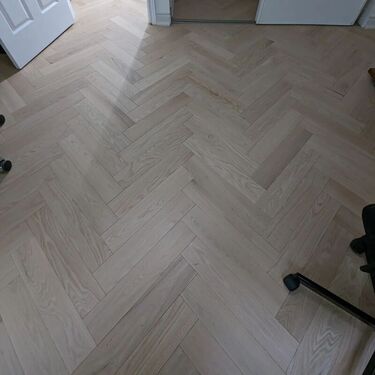 A room featuring oak hardwood flooring, showing its classic beauty and durability.
A room featuring oak hardwood flooring, showing its classic beauty and durability.
Durability: A Key Consideration
Oak and maple are often touted as some of the most durable hardwoods for flooring. Both are hard, dense woods that can withstand heavy foot traffic and resist scratches and dents. However, the durability of your hardwood flooring also depends on its finish. A high-quality finish can enhance the durability of your floors, making them more resistant to scratches and stains. Our hardwood flooring finishes page provides more information on the different types of finishes available.
Oak vs. Maple: A Closer Look
Oak Flooring
Maple Flooring
|
Maple flooring is another excellent choice for hardwood flooring. It's even harder than oak, making it a great option for high-traffic areas. Maple has a more uniform, less pronounced grain than oak, giving it a smoother and more contemporary look. However, like oak, maple is not immune to scratches. Proper care and maintenance are essential to keep your maple floors looking their best. Our hardwood flooring sanding and refinishing service can help maintain the beauty of your maple floors.
|
Exploring Other Popular Hardwood Options
Walnut Flooring
Hickory Flooring
The Most Scratch-Resistant Hardwood Flooring
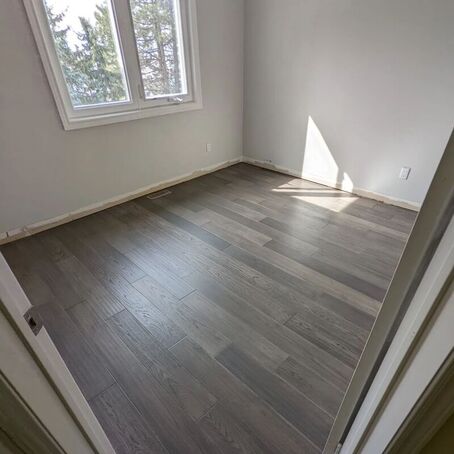 A high-traffic room with hickory hardwood flooring, demonstrating its durability and unique grain pattern.
A high-traffic room with hickory hardwood flooring, demonstrating its durability and unique grain pattern.
If scratch resistance is a top priority for you, consider engineered hardwood flooring. The top layer of engineered hardwood is real wood, but the underlying layers are designed to provide additional stability and resistance to scratches and dents. Check out our engineered vs. solid hardwood in Toronto blog post for a more in-depth comparison.
The Rise of Engineered Hardwood Flooring
Engineered hardwood is made of a core of hardwood or plywood with a layer of hardwood veneer affixed to the top surface. It's designed to reduce the moisture problems associated with conventional hardwood. Its multi-layered construction makes it more stable than solid hardwood, while still providing the beauty and warmth of real wood.
Engineered hardwood can be a great choice for areas where solid hardwood is not recommended, such as basements or over radiant heating systems. It's also generally more cost-effective than solid hardwood. Our engineered hardwood flooring page provides more information on the benefits of engineered hardwood.
Choosing the Best Hardwood Flooring for Your Toronto Home
- Consider Your Lifestyle: If you have a busy household with kids or pets, opt for a durable, scratch-resistant hardwood like oak or maple, or consider engineered hardwood.
- Think About Your Style: The color and grain pattern of the hardwood can significantly impact the look and feel of your room. Choose a hardwood that complements your home's decor and style.
- Don't Forget About Maintenance: All hardwood floors require regular cleaning and maintenance to keep them looking their best. Some hardwoods may also require periodic refinishing.
- Work with a Professional: A professional can provide valuable advice and ensure your hardwood floors are installed correctly. Our hardwood flooring installation service can help you get the beautiful, durable floors you desire.
At Parqueteam Hardwood Flooring, we're committed to helping Toronto homeowners make the best choice for their hardwood flooring. Contact us today for more information and guidance on choosing the perfect hardwood flooring for your home.
Frequently Asked Questions
Oak, maple, and hickory are among the most durable hardwoods for flooring. They can withstand heavy foot traffic and resist scratches and dents. However, the durability of your hardwood flooring also depends on its finish. A high-quality finish can enhance the durability of your floors, making them more resistant to scratches and stains.
2. What is the most scratch-resistant hardwood flooring?
While no hardwood flooring is completely scratch-proof, hardwoods like oak, maple, and hickory are known for their resistance to scratches. Engineered hardwood flooring, with its multi-layered construction, can also provide additional stability and resistance to scratches and dents.
3. What is the most popular wood for hardwood flooring?
Oak and maple are two of the most popular choices for hardwood flooring due to their durability and beautiful grain patterns. Walnut and hickory are also popular choices for their unique colors and textures.
4. Is maple or oak better for flooring?
Both maple and oak are excellent choices for flooring, each offering its unique advantages. Oak is known for its strength, durability, and beautiful grain patterns, while maple is even harder than oak, making it a great option for high-traffic areas. The choice between maple and oak will depend on your personal preference and the overall style of your home.
5. Do oak floors scratch easily?
While no hardwood flooring is completely scratch-proof, oak's hardness and grain patterns can help hide scratches and dents. Regular care and maintenance can also help keep your oak floors looking their best.
6. Do maple hardwood floors scratch easily?
Maple is a hard, dense wood that can resist scratches and dents. However, like any hardwood, it's not completely immune to scratches. Proper care and maintenance are essential to keep your maple floors looking their best.
7. What are the benefits of engineered hardwood flooring?
Engineered hardwood flooring is designed to reduce the moisture problems associated with conventional hardwood. Its multi-layered construction makes it more stable than solid hardwood, while still providing the beauty and warmth of real wood. It's also generally more cost-effective than solid hardwood.
Decoding Timeless Colours in Hardwood Flooring: Toronto's Guide to Everlasting Style
| When it comes to enhancing the aesthetic appeal of your home, nothing beats the charm and elegance of hardwood flooring. In Toronto, homeowners often find themselves asking, "What colour of hardwood flooring is timeless?" This question is not as straightforward as it may seem, as the answer largely depends on various factors such as your home's interior design, lighting, and your personal taste. |
Classic Hardwood Floor Colours: The Evergreen Choices
Light vs Dark Hardwood Floors: What's Your Pick?
Hardwood Floor Colours and Resale Value
Trending Hardwood Floor Colours in 2023
The Effect of Floor Colour on Room Size PerceptionThe colour of your floor can significantly affect how big or small your room appears. Light colours can make a room seem larger, while dark colours can make it feel more intimate. If you're looking to make a small room appear larger, you might want to consider installing light-coloured laminate flooring. This is just the beginning of our exploration into the world of timeless hardwood flooring colours. Is Gray Hardwood Too Trendy?Gray has been a trendy choice for hardwood flooring in recent years. It offers a modern and chic look that can make your home stand out. However, some people worry that it might be too trendy and go out of style soon. While trends do come and go, gray is a versatile colour that can complement a wide range of interior design styles. It's also worth noting that refinishing your hardwood floors can change their colour if you decide to update your home's look in the future. You can learn more about this process in our hardwood flooring sanding and refinishing guide. |
The Timeless Appeal of Solid Hardwood Flooring
Engineered Hardwood Flooring: A Modern Alternative
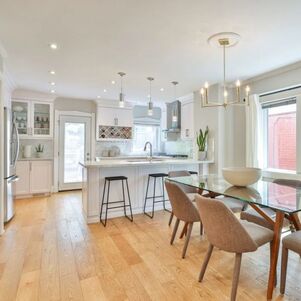 Hardwood flooring enhancing the elegance of a modern kitchen
Hardwood flooring enhancing the elegance of a modern kitchen The Impact of Hardwood Flooring Finishes
The Role of Surface Types in Hardwood Flooring
Hardwood Flooring Styles: The Perfect Blend of Colour and Texture
Making Your Home Look Bigger With the Right Floor Colour
The Resale Value of Your Home: Does Floor Colour Matter?The colour of your hardwood floors can indeed impact the resale value of your home. Neutral colours like brown and grey are often the best for resale as they appeal to a wide range of buyers. They are versatile and allow potential buyers to envision their own furniture and décor in the space. If you're planning to sell your house in the future, you might want to check out our portfolio for some inspiration. |
The Verdict: What Colour Hardwood Floor is Timeless?In conclusion, the most timeless colours for hardwood flooring are usually natural shades like oak, walnut, and cherry. However, the best colour for your home will depend on your personal taste, your home's interior design, and your long-term plans. Whether you prefer the classic appeal of solid hardwood flooring or the modern charm of engineered hardwood flooring, you can find a timeless colour that suits your needs. Remember, trends may come and go, but your personal preference is what truly matters. After all, you'll be the one enjoying the beauty of your hardwood floors every day. For more insights and advice on hardwood flooring in Toronto, feel free to explore our blog or contact us directly. We're here to help you make the best choice for your home. |
Frequently Asked Questions
A: The most classic hardwood floor color tends to be a mid-tone, such as chestnut, gunstock, or similar medium browns. These colors have a timeless appeal and tend to go well with a variety of interior design styles.
Q: What color wood floor goes with everything?
A: Neutral colors like beige, gray, and light to medium browns are versatile and can match most color schemes. They also help to create a warm, inviting atmosphere in any room.
Q: What color hardwood floor is best for resale?
A: Neutral and classic colors are typically the best for resale as they appeal to a wide range of buyers. Light to medium browns are particularly popular.
Q: What color hardwood never goes out of style?
A: Natural wood colors, particularly in shades of brown, never go out of style. They offer a timeless look that can complement both traditional and contemporary interiors.
Q: Is it better to have light or dark floors?
A: The choice between light and dark floors depends on your personal preference and the overall design of your home. Light floors can make a room feel larger and more open, while dark floors can add warmth and create a more formal atmosphere.
Q: What is more popular, dark or light hardwood floors?
A: Trends in hardwood flooring colors can vary, but both light and dark floors have their appeal. Light hardwood floors offer a relaxed and modern look, while dark hardwood floors provide a more traditional and elegant feel.
Q: What color floors sell a house best?
A: Neutral-colored floors, such as light to medium browns or grays, are often the best choice for selling a house. They can appeal to a wide range of buyers and fit into various decorating styles.
Q: What color wood floors are in style for 2023?
A: While trends can change, neutral colors like light browns and grays are expected to remain popular in 2023. Natural finishes that highlight the wood's grain are also in style.
Q: What color wood floors make a house look bigger?
A: Light-colored wood floors can make a house look bigger as they reflect more light and give a sense of openness.
Q: Is gray hardwood too trendy?
A: While gray hardwood has been a popular choice in recent years, its neutral tone makes it a versatile choice that can withstand changing trends. It's a stylish option that can add a contemporary touch to your home.
Laminate Flooring in Toronto: A Comprehensive Guide
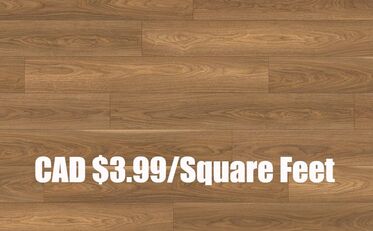
The Cost of Installing Laminate Flooring in Toronto
| One of the most common questions homeowners have is about the cost of installing laminate flooring. On average, the cost to install laminate flooring in Toronto ranges from $2 to $8 per square foot, including the cost of materials and labor. This means that for a 1000 square foot area, you can expect to pay between $5,000 and $8,000. However, these costs can vary depending on the quality of the laminate you choose and the complexity of the installation process. For more detailed information about the cost of installing laminate flooring, you can visit our laminate flooring installation page. |
Pros and Cons of Laminate Flooring
However, there are also some disadvantages to consider. Laminate flooring can be susceptible to water damage, making it a less ideal choice for areas with high moisture levels like bathrooms or basements. It can also be less comfortable to stand on for long periods compared to other flooring options. For a more in-depth comparison of laminate and hardwood flooring, you can check out our blog post on the topic.
Laminate Vs. Hardwood Flooring: Which Is Cheaper?
Moreover, while laminate flooring is generally cheaper than hardwood, it's worth noting that hardwood flooring can last for decades and can be refinished multiple times, potentially making it a more cost-effective choice in the long run.
Is It Worth To Install Laminate Flooring?
Where Should You Not Install Laminate Flooring?
| As mentioned earlier, laminate flooring is not the best choice for areas with high moisture levels, such as bathrooms or basements. This is because laminate can warp or swell when exposed to water for extended periods. If you're considering installing laminate flooring in your kitchen, you might want to read our blog post about installing engineered hardwood flooring in kitchens for some useful insights. Laminate flooring can be a great choice for many homeowners in Toronto due to its affordability, durability, and aesthetic appeal. However, it's important to consider the potential disadvantages as well. For instance, while laminate is highly resistant to scratches, it can be susceptible to water damage if not properly sealed. This is why it's crucial to avoid installing laminate flooring in areas with high moisture levels, such as bathrooms or basements. |
Let's Wrap Things Up...
For more information about laminate flooring, or to explore other flooring options, feel free to visit our website. Our team of experienced professionals is always here to help you make the best decision for your home.
Frequently Asked Questions About Laminate Floors in Toronto
The cost to install laminate flooring can vary depending on several factors, including the quality of the laminate and the complexity of the installation. On average, you can expect to pay between $2,000 and $8,000 for 1000 square feet of laminate flooring, including installation.
2. What are the disadvantages of laminate flooring?
While laminate flooring is durable and easy to maintain, it can be susceptible to water damage if not properly sealed. This makes it less suitable for areas with high moisture levels, such as bathrooms or basements.
3. Is laminate flooring cheaper than hardwood?
Generally speaking, laminate flooring is cheaper than hardwood in terms of upfront costs. However, hardwood flooring can last for decades and can be refinished multiple times, potentially making it a more cost-effective choice in the long run.
4. Is it worth it to install laminate flooring?
If you're looking for a cost-effective, durable, and stylish flooring option, then laminate flooring can be a great choice. However, the decision ultimately depends on your specific needs and circumstances.
5. Where should you not install laminate flooring?
Laminate flooring is not recommended for areas with high moisture levels, such as bathrooms or basements, as it can be susceptible to water damage.
Parqueteam Hardwood Flooring
Hardwood Flooring Toronto and The Greater Toronto Area.
Archives
December 2023
November 2023
October 2023
September 2023
August 2023
June 2023
May 2023
April 2023
July 2018
February 2018
January 2018
December 2017
March 2017
February 2017
January 2017
November 2016
October 2016
May 2016
March 2016
February 2016
January 2016
December 2015
November 2015
October 2015
September 2015
August 2015
July 2015
June 2015
May 2015
April 2015
March 2015
February 2015
January 2015
December 2014
June 2014
May 2014
April 2014
March 2014
Categories
All
Affordable Flooring
Art Flooring
Canada
Canadian
Clean Hardwood Floors
Cleaning Hardwood Floors
Commercial Hardwood Flooring
Condos
Construction
Construction Materials
Consturction
Contractors
Cost And Budgeting
Dark Hardwood Flooring
Design
DIY
Durable Hardwood Floors
Engineered Hardwood
Engineered Hardwood Flooring
Engineered Hardwood Flooring Toronto
Engineered Hardwood Floors
Engineered Wood Floors
European Hardwood Flooring
Floating Hardwood Flooring
Flooring
Flooring Baseboards
Flooring Baseboards Installation
Flooring Benefits
Flooring Comparison
Flooring FAQs
Flooring Guide
Flooring Innovation
Flooring Installation
Flooring Maintenance
Flooring Options
Flooring Refinishing
Flooring Solutions
Flooring Styles And Patterns
Flooring Tips
Flooring Tips And Guides
Flooring Trends
Floors
Glue Down Hardwood Floors
Hardwood
Hardwood Floor
Hardwood Flooring
Hardwood Flooring Contractor
Hardwood Flooring Contractors
Hardwood Flooring Contractors In Toronto
Hardwood Flooring Contractors Toronto
Hardwood Flooring Finishes
Hardwood Flooring Installation
Hardwood Flooring Installation Cost
Hardwood Flooring Installation In Markham
Hardwood Flooring Installation In Toronto
Hardwood Flooring Installation Toronto
Hardwood Flooring Installers In Toronto
Hardwood Flooring In Toronto
Hardwood Flooring Markham
Hardwood Flooring Refinishing
Hardwood Flooring Repairs
Hardwood Flooring Sanding And Refinishing
Hardwood Flooring Toronto
Hardwood Flooring Trends
Hardwood Floors
Hardwood Floors Toronto
Hardwood Stairs
Hickory Flooring
Home Decor
Home Decor Tips
Home Design
Home Improvement
Home Imrovement
Home Investment
Home Renovation
Home Renovations
Homes
Home Solutions
House
Installation
Interior Design
Interiors
Kitchen Remodeling
Laminate
Laminate Flooring
Laminate Flooring Installation
Laminate Flooring Installation Toronto
Laminate Flooring Installers
Laminate Flooring Toronto
Laminate Floors
Maple Flooring
Modern Home Improvement
Oak Flooring
Parqueteam
Parqueteam Hardwood Flooring
Real Estate
Real Estate Value Enhancement
Refinishing
Solid Vs Engineered Flooring
Solid Wood Flooring
Staining Hardwood Floors
Sustainable Flooring
Tips
Toronto
Toronto Climate
Toronto Flooring
Toronto Flooring Services
Toronto Hardwood Flooring
Toronto Home Improvement
Toronto Homeowners
Toronto Homeowners Guide
Toronto Home Renovation
Toronto Home Style
Toronto Living
Toronto Real Estate
Wood
Wooden Floors
Wood Flooring
Wood Flooring Installation
Wood Flooring Installation In Toronto
Wood Flooring Toronto
Wood Floors
Wood Stairs Installation Toronto
Wood Stairs Toronto


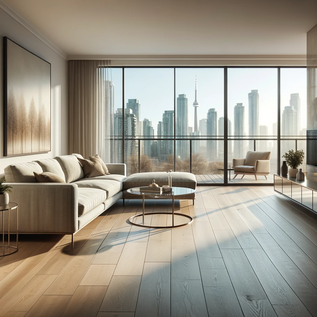
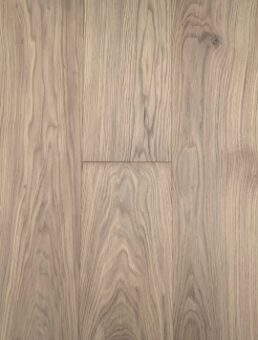
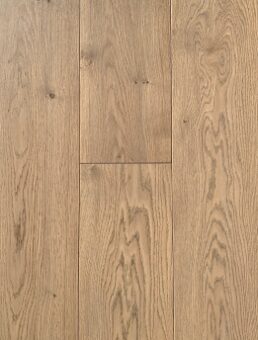
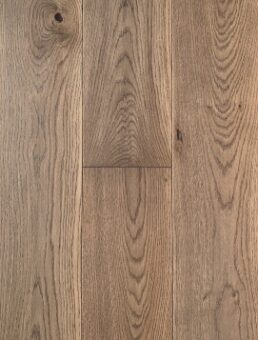
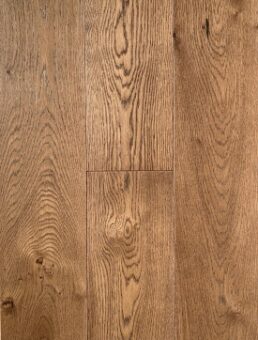
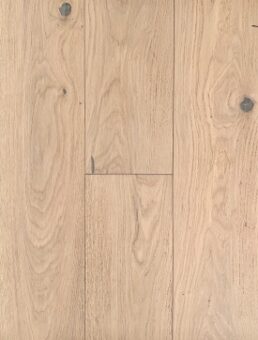
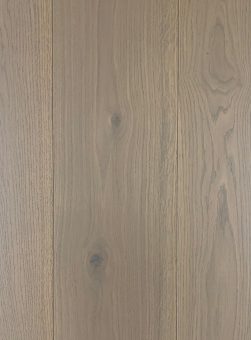
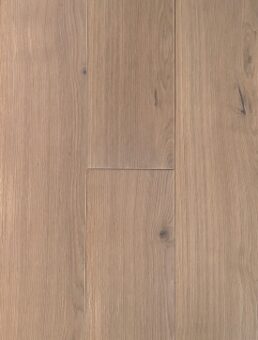
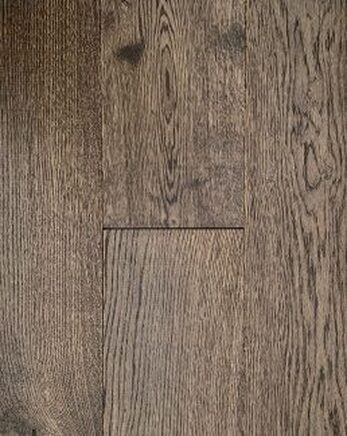
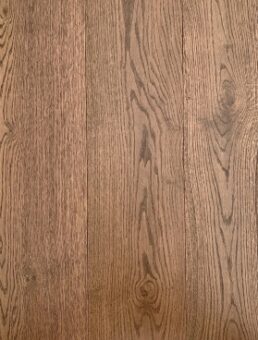
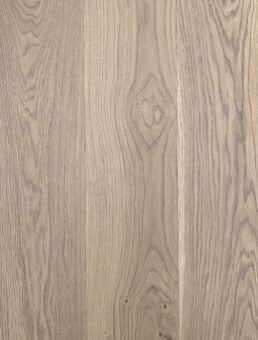
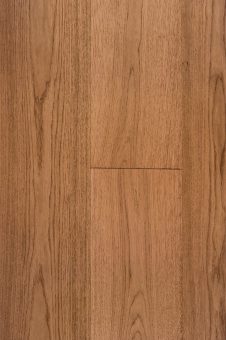
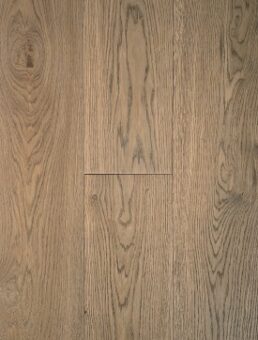
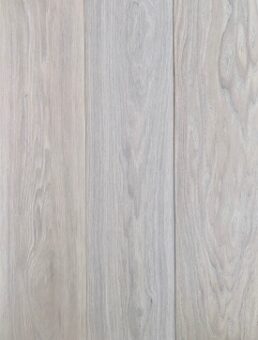
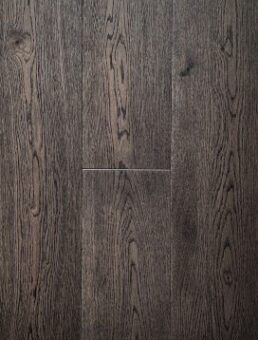
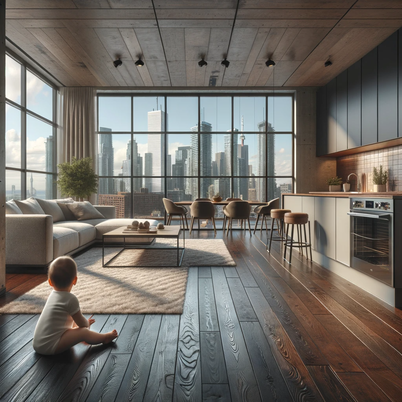
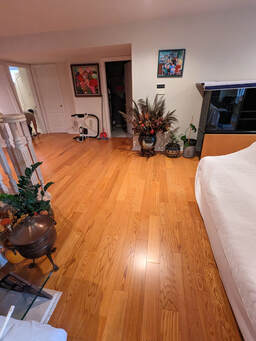
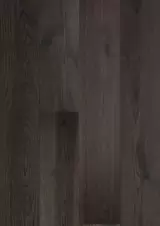
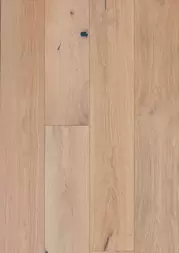
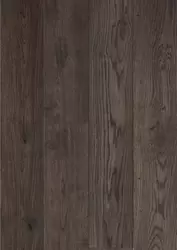
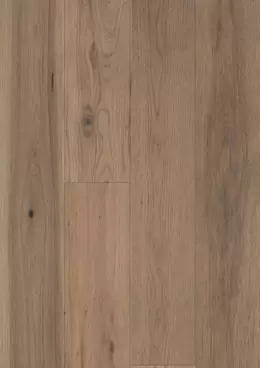
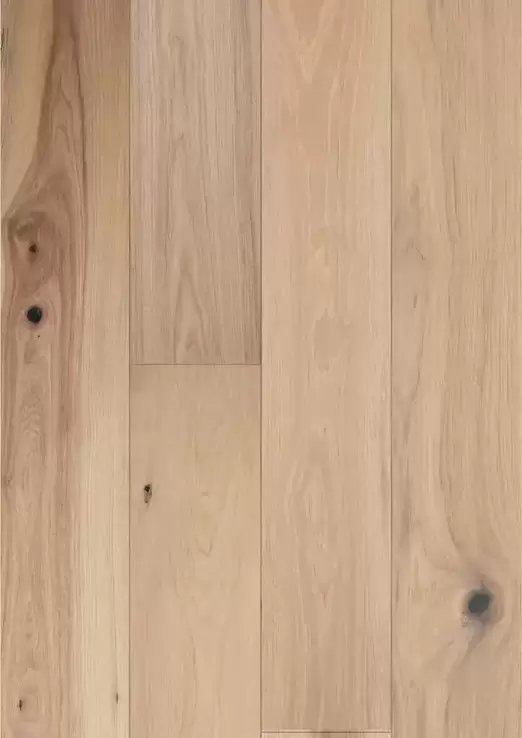
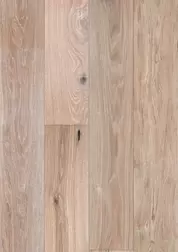
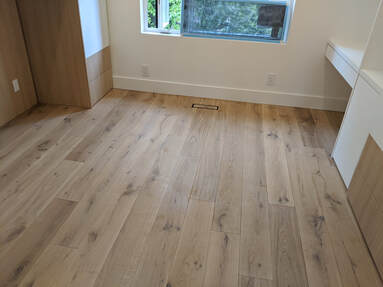

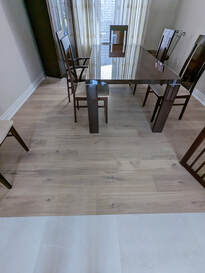
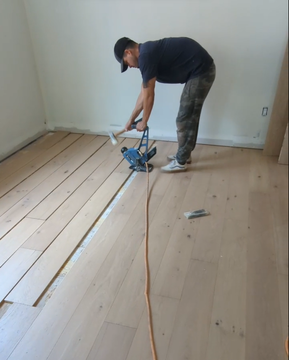
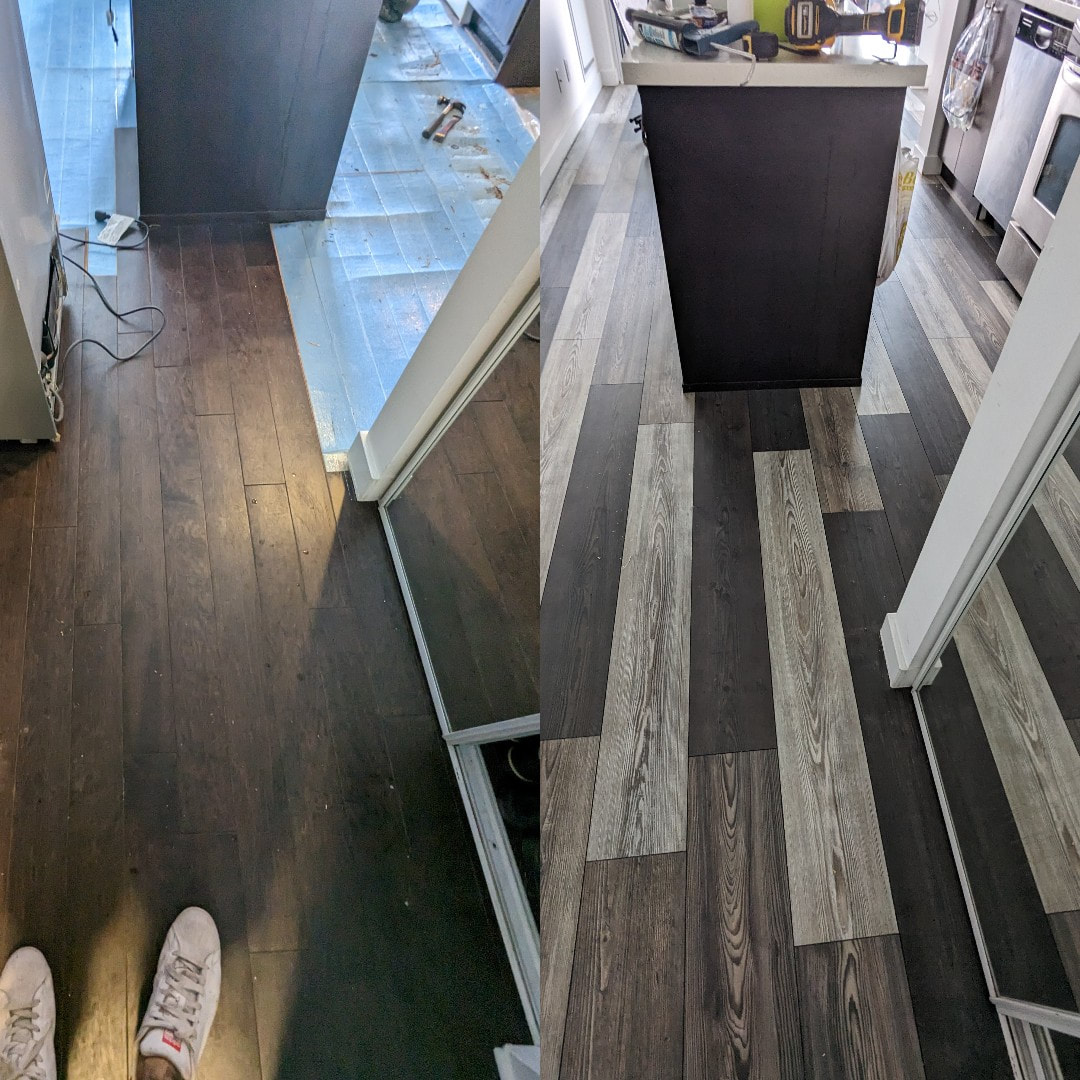
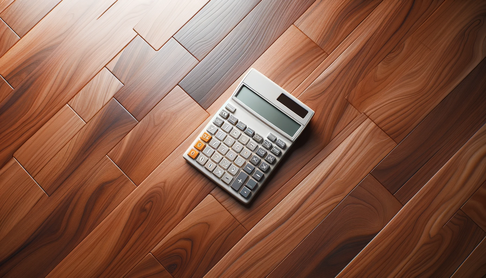
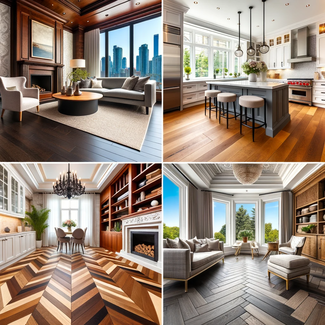
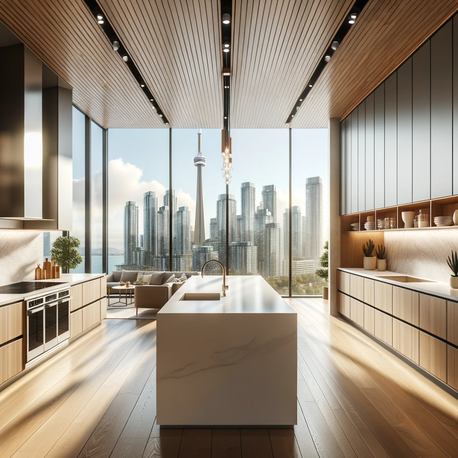
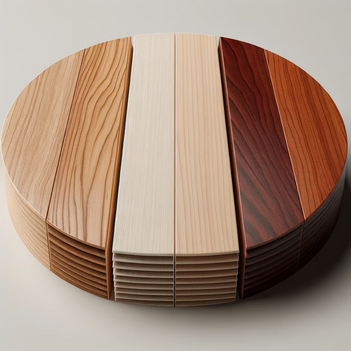

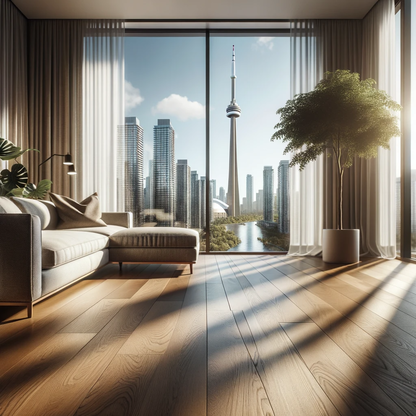
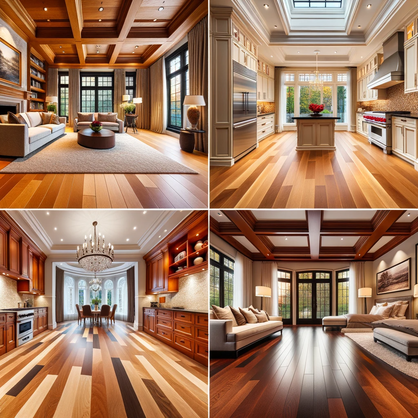
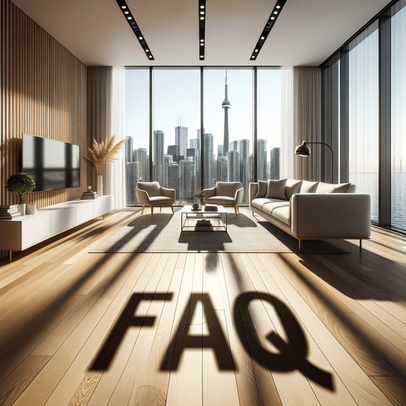
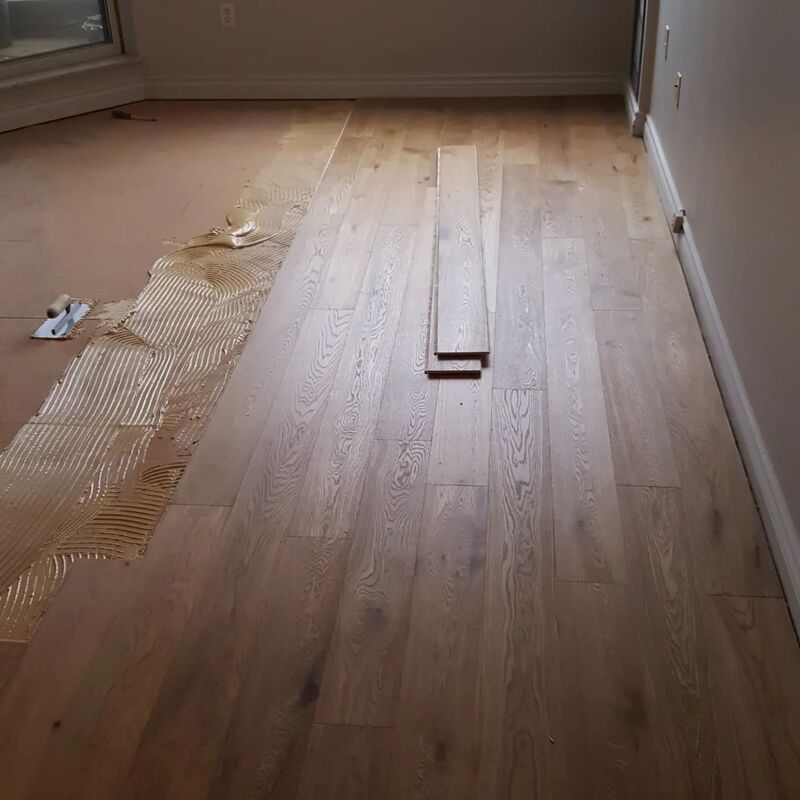
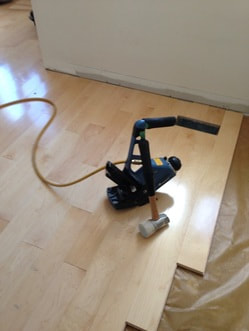
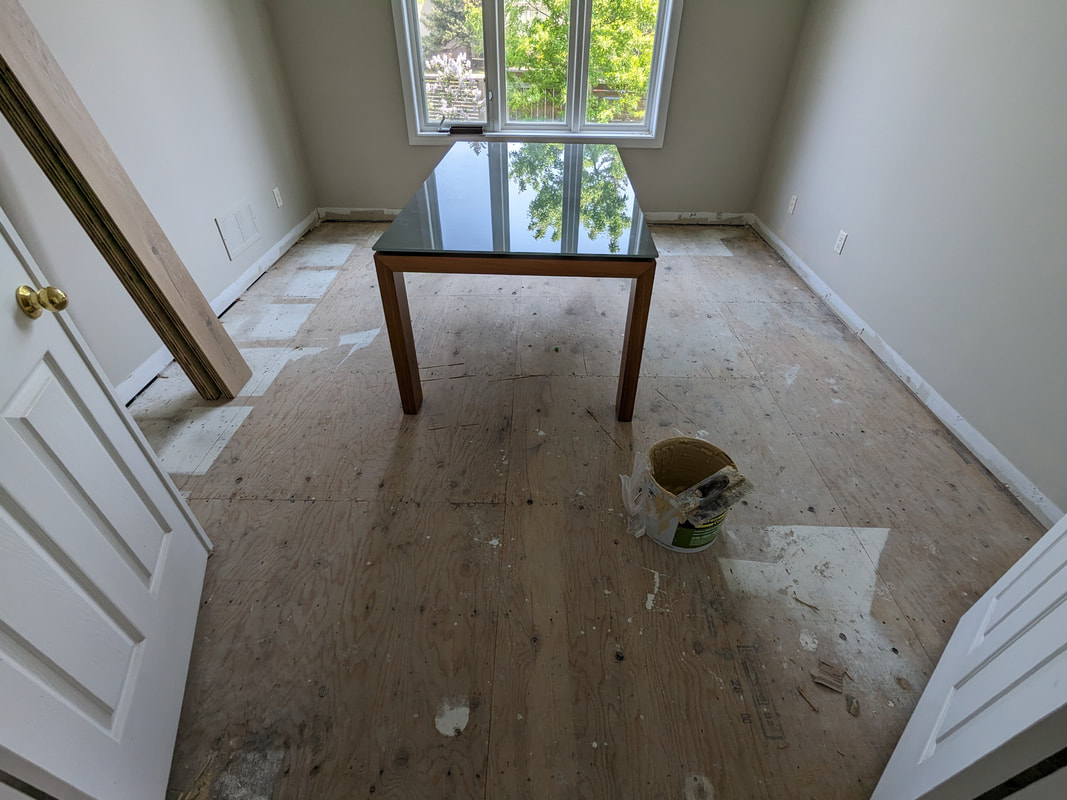
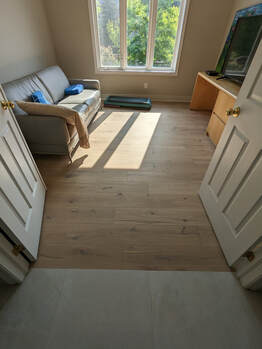
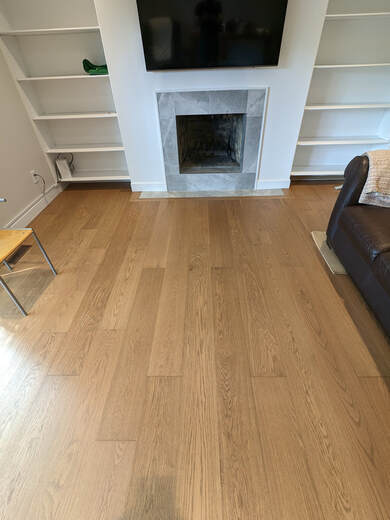
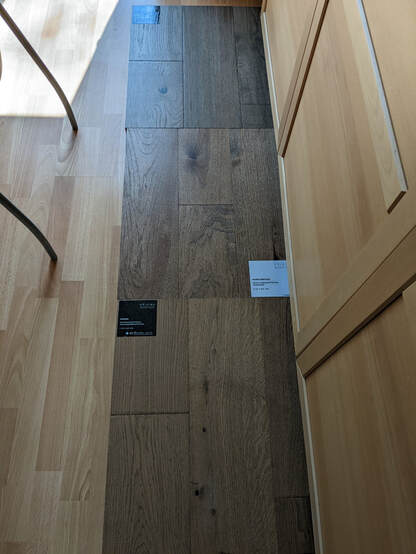
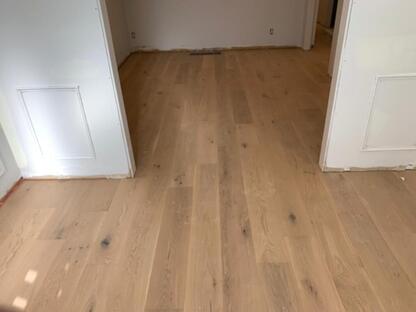
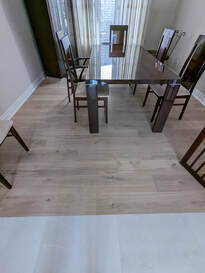
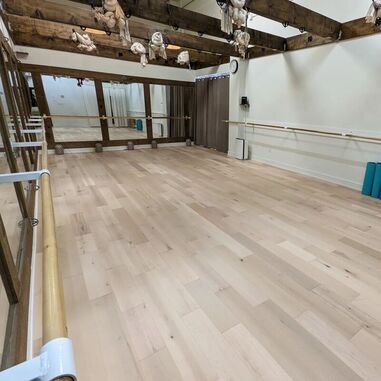
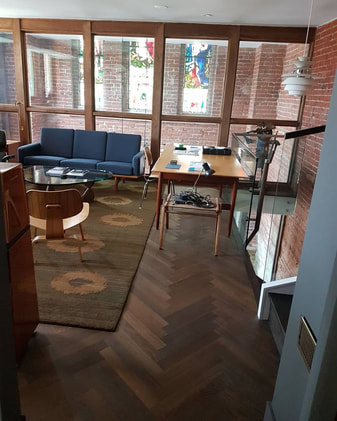
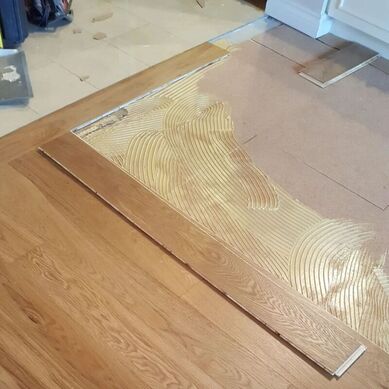
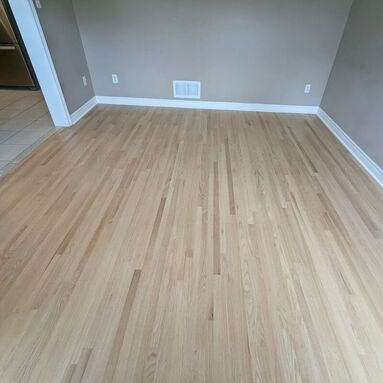
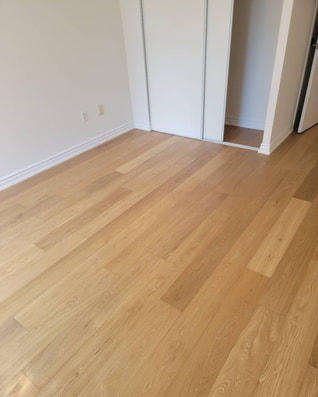
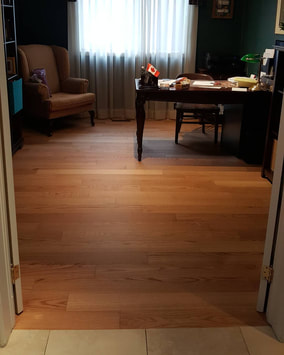
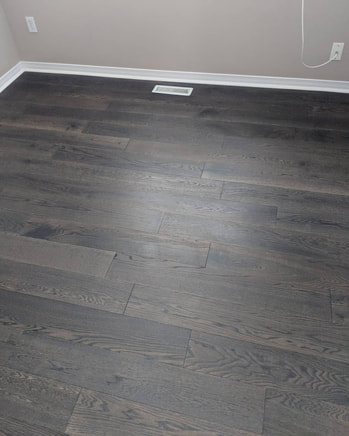
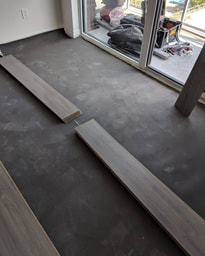
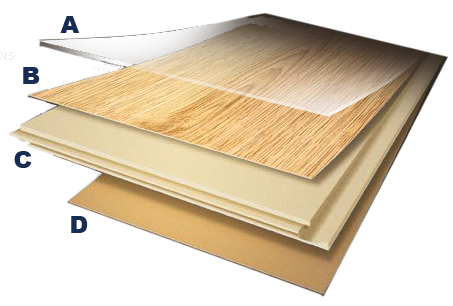
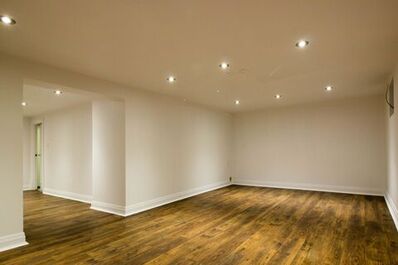
 RSS Feed
RSS Feed

